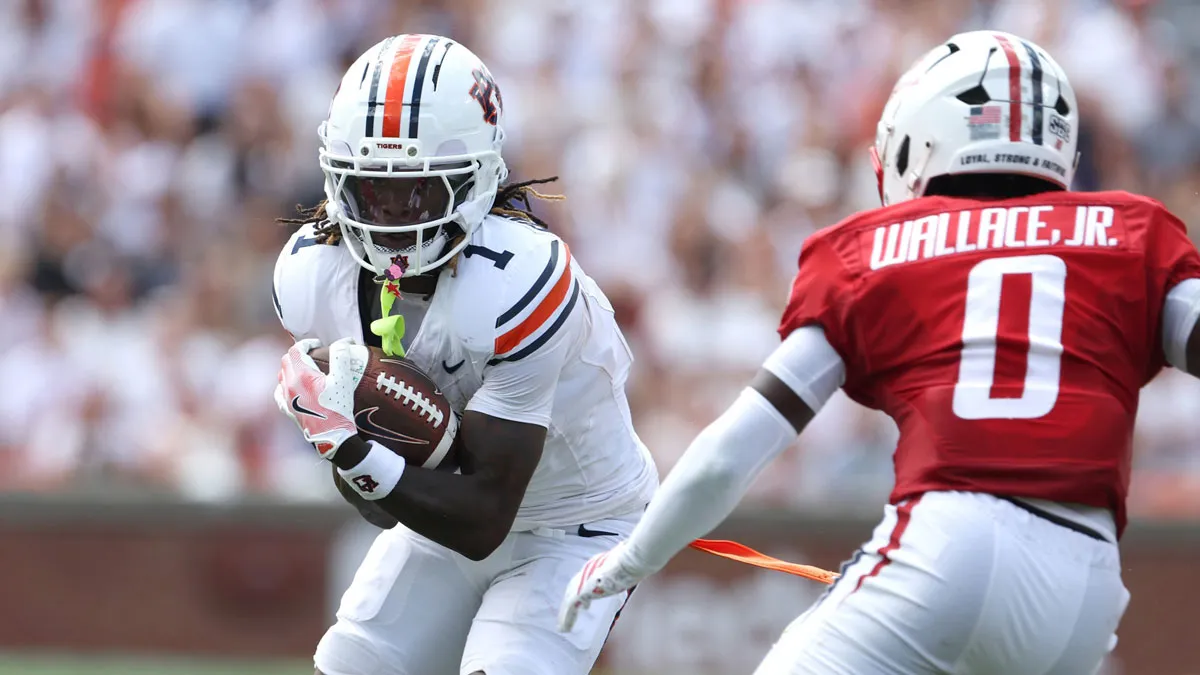
Katie Bone, a 19-year-old Northern Colorado resident, wants to keep her focus on Olympic dreams.
Of course, that can be difficult when her blood sugar levels keep seizing her attention.
Bone was diagnosed with Type 1 diabetes at age 11 and for years she’s been an advocate for it. This past July, in fact, she spoke to the United States Senate Committee on Appropriations, discussing her condition in concert with her hopes of qualifying in the sport of speed climbing for the 2028 Games in Los Angeles.
She covered toll diabetes has taken on her body and mental health. And how her athletic aspirations have and will continue to be complicated by her condition. Her hope was that her story could help get renewed federal funds for the Special Diabetes Program.
Per Breakthrough T1D, an organization that advocates for Type 1 diabetes, the SDP’s last cycle of funding will expire on the last day of this month.
“A lot of this funding goes to diabetes management advances,” Bone said. “But a lot of it is also going to more research to allow for more clinical trials, to get to where we don’t have to have diabetes anymore.”
Bone is currently in Las Vegas, Nevada, filming the 18th season of NBC’s “American Ninja Warrior.”
She competed in Season 14 (which was filmed in 2022) and won the women’s championship. She missed Seasons 15 and 16 with a serious knee injury before returning for Season 17, which aired this past summer.
Ahead of filming, she sounded a bit exhausted.
“It’s been a hard balance of figuring out how to get my body adjusted” since her knee injury in 2023, she said.
Since hurting it at the USA Climbing National Team Trials two years ago, she’s undergone three surgeries, and is now expected to have at least one more in the near future. She’s dealt with that along with consequential spiking and dropping blood sugar levels.
“Olympics are the goal,” she reaffirmed. “But there are a lot of ‘I don’t knows’ just because I can’t really predict how my knee is going to do with my (upcoming) surgery. The goal or the dream, of course, would be (qualifying for) 2028. But I would still be trying to compete through ’32 to see if I can do it.”
But things could be worse, she said. And that’s where her advocacy continued.
Bone highlighted some of the advancements federal funding has already helped create. Bone’s treatment of the disorder looks far different from those who did a decade ago. She uses a tubeless insulin system called an Omnipod and she and her boyfriend Kaden Lebsack, another American Ninja Warrior, can get her updated sugar levels on their phones. No finger prick needed.
“She is so impressive to me and it makes me work harder knowing what she’s going through,” Lebsack, 20, said. “It’s amazing how she’s still able to give training her all, and how she is able to compete at the level she is.”
Training for American Ninja Warrior through last week, Bone was accompanied by her diabetes alert dog. Her 2-year-old labradoodle can smell when her blood sugar is starting to change.
“He can tell me a good 15 to 20 minutes before my glucose monitor can,“ she said. “Even just last week, we were at the gym and he alerted me and I looked at my continuous glucose monitor and thought he was lying. Then within 15 minutes, my blood sugar was high.”
In the past years, diabetes has evolved into a more open discussion in the U.S.
While Bone was in Washington D.C. in the summer, Mattel introduced its first Barbie with Type 1 diabetes.
In the world of sports, professional athletes like Baltimore Ravens tight end Mark Andrews and Toronto Maple Leafs forward Max Domi have publicly talked about how they manage T1D with their playing careers. Domi even wrote a book about it: “No Days Off: My Life with Type 1 Diabetes and Journey to the NHL.”
Locally, preps athletes have shared their stories, too. Broomfield High School football grads CT Worley and Noah Biller talked about theirs a couple years ago.



